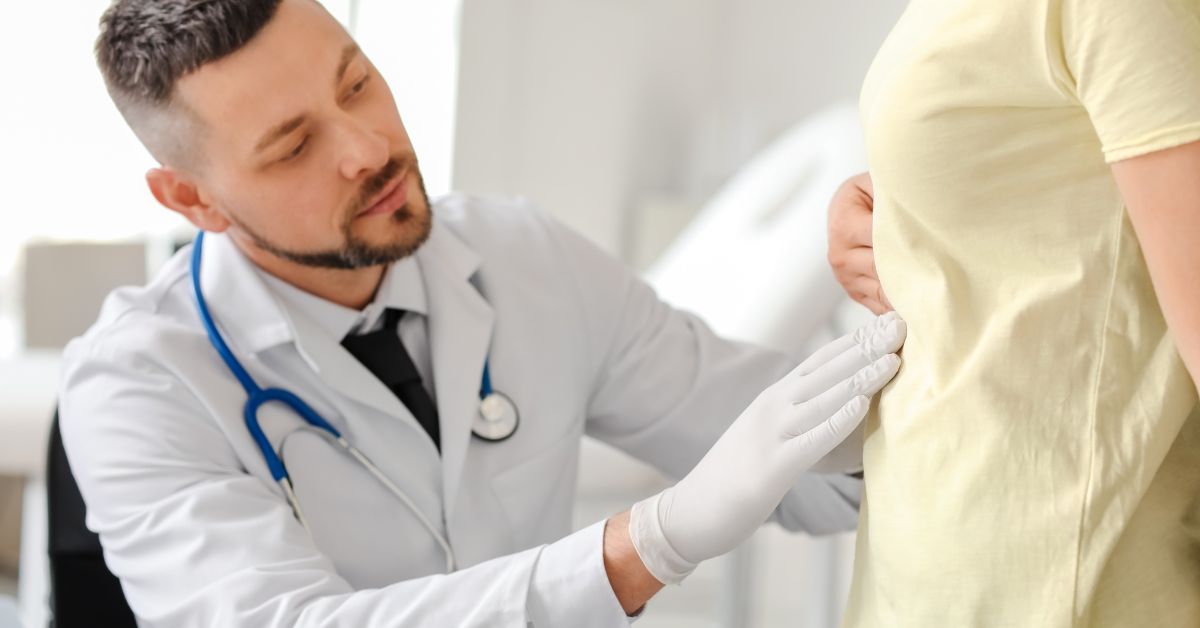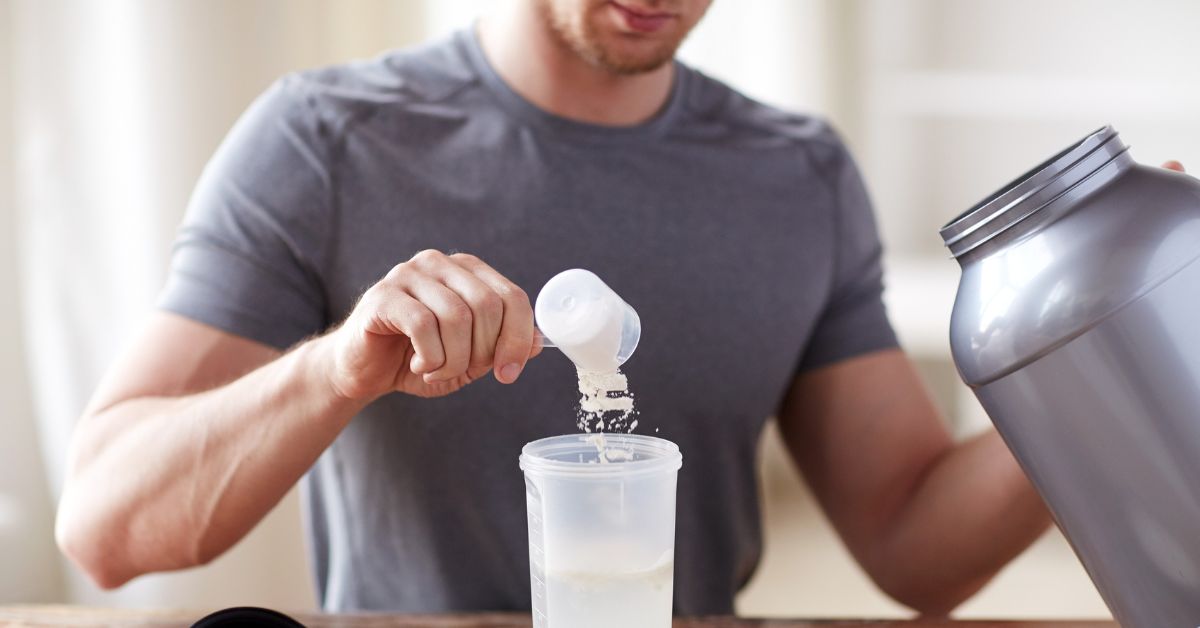You may be taking vitamin D more seriously now because of the COVID-19 pandemic.
Before the outbreak, vitamin D was considered a minor supplement to take if you were deficient. Now, many global studies have shown that it is common for COVID-19 patients to be deficient in vitamin D.
Researchers need to learn more, but there is some evidence that vitamin D might have a protective effect. However, any vitamin deficiency can affect your overall health.
Learn what vitamin D does for your body and why you need it.
What is vitamin D?
People often refer to D as the “sunshine” vitamin. That’s because most people get their vitamin D through exposure to the sun ’s ultraviolet (UV) rays.
The vitamin has many roles in the body. It helps cell growth, reduces inflammation and helps bones stay strong.
Understand the connection between vitamin D and viruses
Vitamin D plays an even more critical role in your immune system. It regulates your immune system to better handle viruses like COVID-19 in the following ways:
- Increases the production of important anti-inflammatory cytokine molecules
- Inhibits the production of inflammatory molecules called cytokines
- Possesses antimicrobial properties
Vitamin D deficiencies are common in winter months when it’s more difficult to go outdoors and enjoy the sun.
Studies have also shown that there are certain factors that lead to vitamin D deficiency. If you fall within these categories, you may want to contact your provider for a simple blood test to determine your vitamin D levels:
- You are elderly, which reduces the amount of vitamin D in your system
- You have a chronic health condition affecting your vitamin D levels
- You have darker skin, which might not absorb UV rays as well as lighter toned skin
How to get more vitamin D
Adopting three habits can get more vitamin D into your system. A mix of all three may be best for most people:
- Diet: Eat more foods enriched with vitamin D, such as salmon, other fatty fishes, cheese and egg yolks; or look for foods fortified with the vitamin, such as orange juice, milk and yogurts .
- Sunshine: Go outdoors in the sun! The ultraviolet rays hitting your skin trigger your body to make vitamin D.
- Supplement: Take a vitamin D supplement (the average supplement to take is between 600 and 800 IU) or consume cod liver oil.
Also, keep in mind that too much vitamin D can cause problems. For example, taking too many supplements can be toxic to your heart and kidneys. Spending too much time in the sun can put you at risk for developing skin cancer.
Stay updated on what Mercy Health is doing related to COVID-19.






